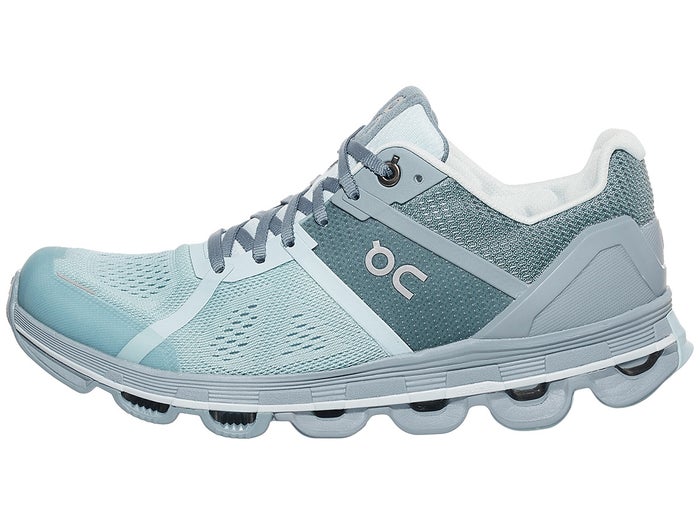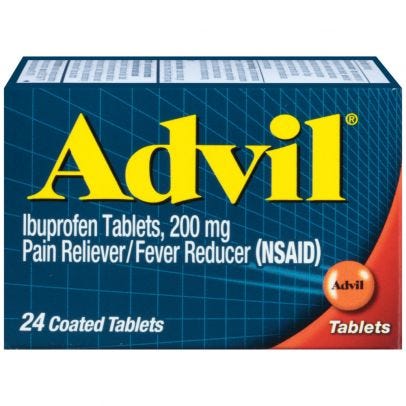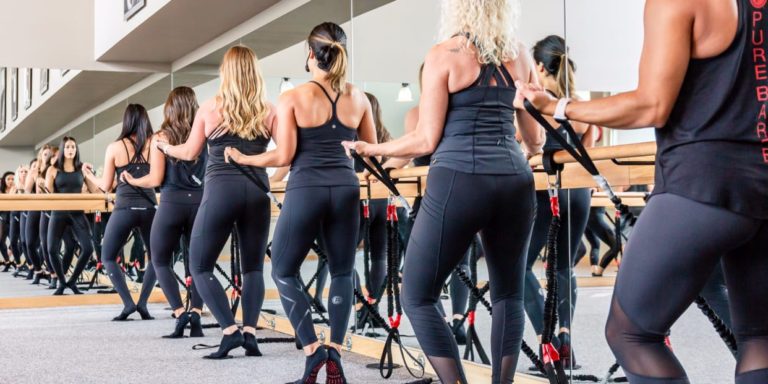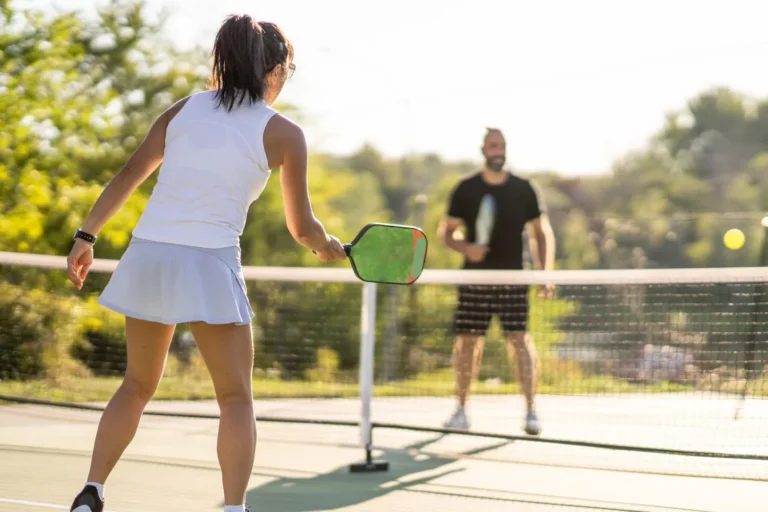10 Easy Ways to Prevent Knee Pain When Running
How Do I Prevent Knee Pain?
I started running again (thanks to motivation from my friend Danielle!), which means more miles of my feet hitting the pavement. With running and tennis, I’ve noticed that my knees sometimes hurt a little bit. (I guess that’s what happens as you get older!).
Thankfully, I’ve learned how to prevent a running knee injury and have learned how to avoid running knee pain.
Want to know how to prevent and avoid running knee pain?
Continue reading for 10 easy ways to prevent knee pain when running.
(This post may contain affiliate links. Read my full disclosure here.)
10 Ways to Avoid and Prevent Knee Pain When Running
Jump ahead to:
Toggle1. Run on the Street vs. the Sidewalk
When possible, choose a running route in quiet neighborhoods with few cars, and then run on the street! Asphalt is easier on your joints than the sidewalk.
Just make sure to run facing traffic, and to always hop onto the sidewalk around blind corners.
If possible, run on the grass, dirt paths, or gravel. I live in Atlanta and run along the dirt path on the side of the Beltline, and then run around the active oval at Piedmont Park, which is gravel.
2. Go on Faster, Shorter Runs
It’s tempting to go on long runs, but it’s also harder on your joints. Try to cut down on mileage and focus on shorter, faster runs.
I personally cap off my mileage at 7.5 miles. I prefer shorter, faster 4-mile runs. (It helps you improve your form too!)
3. Buy New Running Shoes
You should replace your running shoes after 300 to 500 miles. Assuming you run 20 miles a week, that is every four to six months.
BUT, if you use your running shoes for walking too (like me), you need to replace your running shoes more often. Personally, I replace my shoes every 3-4 months.
I personally love the Mizuno Wave 3 running shoes. My friend swears by the On Cloudace.


For detailed reviews of my top three other shoes, check out this article.
4. Run 3-5 Days per Week and then Rest
Give your body a rest. You need days off to rebuild muscle and recover.
I’m a big fan of taking days off. My pace starts to slow down and I get worn out if I run too many days in a row. Running stops being fun.
When I take a day or two off, I can hit the pavement again at my usual pace and I feel energized. Plus, taking a day off helps avoid knee pain from overdoing it.
Worried about days off wrecking your goals? I was a cross-country super star in school, and even then I took Saturdays and Sundays off. Runner’s World agrees it’s important to take rest days.
5. Get your Vitamins and Omega-3 Acids
Glucosamine, chondroitin, omega-3, and vitamin D help with joint pain.
To sneak more omega-3s into your diet, eat salmon, herring, tuna, cod, and sardines, and take a fish oil supplements.
Fish Oil. Buy the Nature Made Fish Oil
Many athletes take Chondroitin sulfate and Glucosamine supplements to deal with joint pain. These supplements encourage cartilage formation and repair. Most experts recommend 1,200 mg of Chondroitin sulfate and 1,500 mg of Glucosamine daily.
Top 3 Joint Health Supplements with Glucosamine and Chondroitin
- Move Free Joint Health: Available on Amazon Here
- Nature Made Glucosamine Chondroitin Complex: Available on Amazon Here
- Vimerson Health: Available on Amazon Here
Research is still mixed on the effectiveness of the supplements, so consult a certified physician.
6. Try a Relief Cream
Many people swear by JointFlex Pain Relief Cream for arthritis in the knee and deep knee pain. It contains glucosamine and chondroitin and works quickly and effectively. Plus, it’s non-greasy and long lasting.

Buy Joint Flex from Amazon here.
7. Take an Advil
Take an Advil an hour before your run if you are experiencing tight muscles or knee pain. It helps!

Advil (Ibuprofen) vs. Aleve (Naproxen)
Confused about the difference between Advil and Aleve? Me too!
- Advil contains Ibuprofen and is short-acting (4-6 hours) vs. Aleve, which is long-lasting (12 hours).
- Aleve is more likely to cause gastrointestinal side effects.
- In general, take Advil for acute pain relief – like sore knees.
8. Lose Weight
Extra weight puts excess stress on your knees.
If you are overweight, losing just one extra pound can substantially decrease the amount of pressure on your knees.
9. Strengthen Your Knees
You can strengthen your knees to help reduce and prevent knee pain.
I’m a big fan of YouTube videos for “how-to” guides. AskDoctorJo has a great video with seven knee strengthening exercises you can do at home.
10. Use Proper Form When Running
Proper running form helps prevent knee pain. The two main things to remember are to 1) lean forward and 2) avoid heel striking.
Here’s a great YouTube video that demonstrates proper running form.
Wishing you many fun (and short!) runs, happiness, and health!
Chrissy from the Jeans Fit (offering fitness advice and weight loss advice for women)





